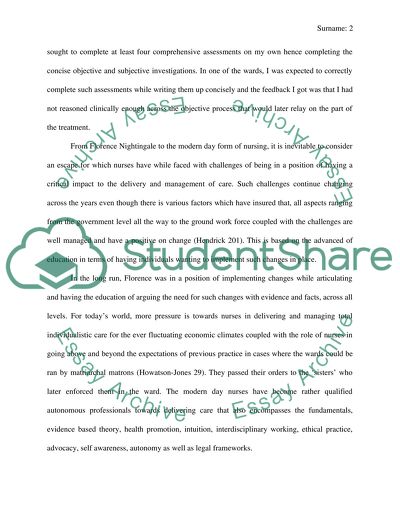Cite this document
(“Reflective Essay Example | Topics and Well Written Essays - 3000 words”, n.d.)
Reflective Essay Example | Topics and Well Written Essays - 3000 words. Retrieved from https://studentshare.org/nursing/1496253-reflective
Reflective Essay Example | Topics and Well Written Essays - 3000 words. Retrieved from https://studentshare.org/nursing/1496253-reflective
(Reflective Essay Example | Topics and Well Written Essays - 3000 Words)
Reflective Essay Example | Topics and Well Written Essays - 3000 Words. https://studentshare.org/nursing/1496253-reflective.
Reflective Essay Example | Topics and Well Written Essays - 3000 Words. https://studentshare.org/nursing/1496253-reflective.
“Reflective Essay Example | Topics and Well Written Essays - 3000 Words”, n.d. https://studentshare.org/nursing/1496253-reflective.


